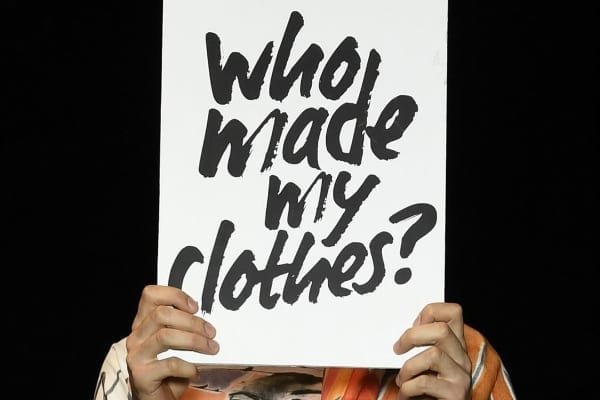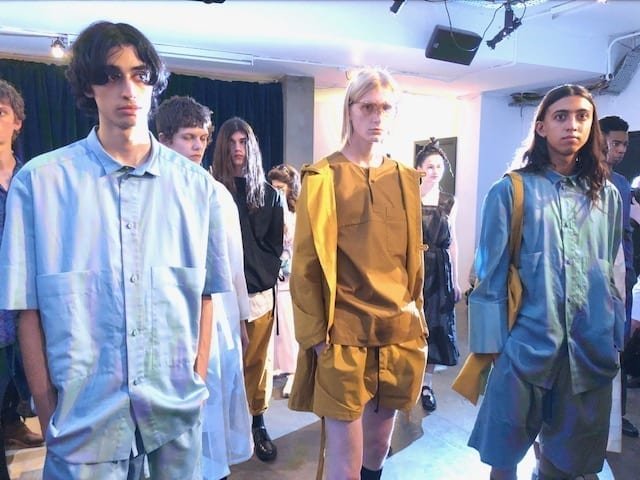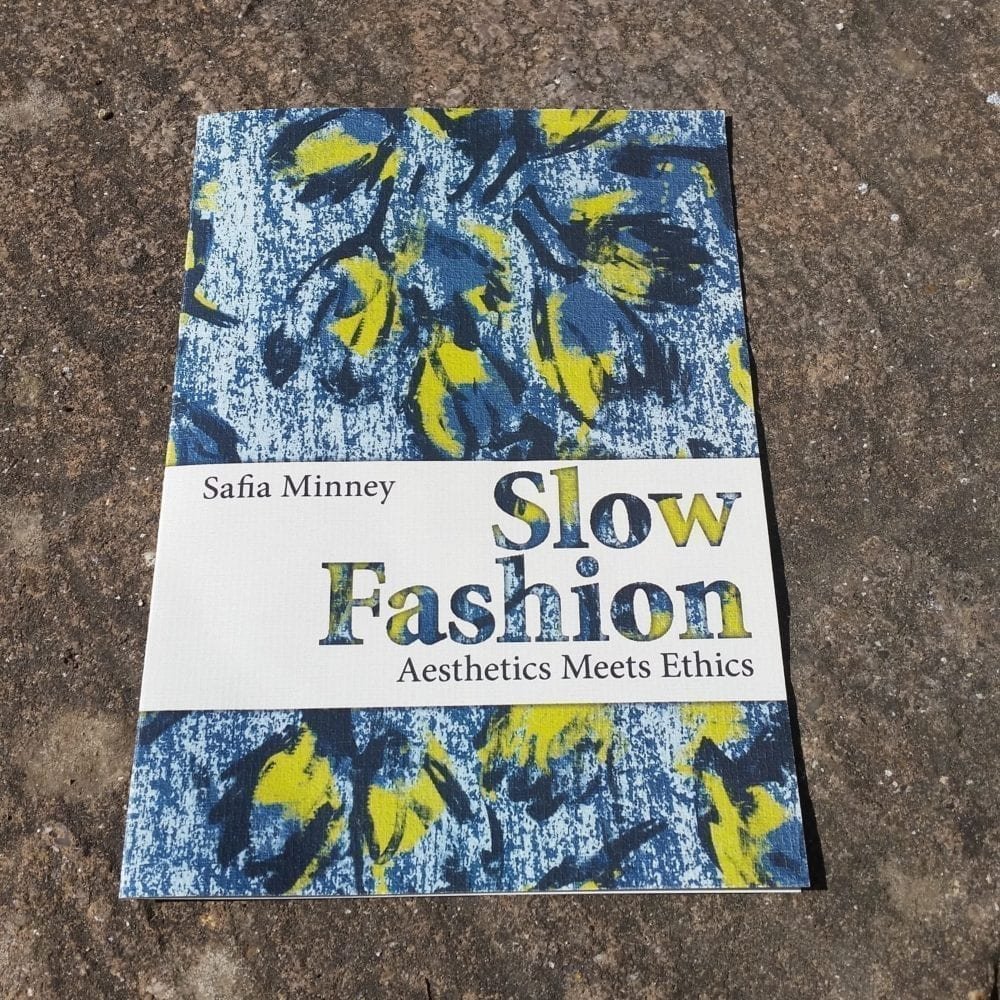Main image: brandwho
The fashion industry is coming under more scrutiny than ever before, and millions of people around the world are expected to participate in 2020’s online Fashion Revolution Week (20-26 April).
The Covid-19 crisis has led major brands and retailers to shut up shop and cancel supplier payments and orders, without taking responsibility for the workers in their supply chains.
Most of these employees lack sick pay, paid leave, adequate health care and have no savings to fall back on.
Beyond the devastating human and economic cost of the global coronavirus pandemic, seven years on from the Rana Plaza factory collapse in Bangladesh, human rights abuses, modern slavery and environmental degradation remain rife within the industry.
Fashion Revolution’s focus this year will be on four key areas: Consumption, Composition, Conditions and Collective Action. It will expose how the unfolding situation is affecting the people who make our clothes, as well as the impact our clothing has on the Earth and the oceans.
The campaign will highlight what needs to happen to start to rebuild a fashion industry that values people over growth and profit and conserves and restores the environment as we come out of the other side of this global crisis.
Transparent fashion
On 21 April, the fifth edition of the Fashion Transparency Index was published – the biggest to date – covering 250 of the world’s biggest fashion brands and retailers.
The Index shows which brands are leading the way on transparency, which brands have seen the greatest improvement in their scores, and where there is more work to be done.
This moment proves exactly why transparency in the fashion industry is so vital and why we cannot afford to return to business as usual.
If major brands and retailers are publishing information about how they do business with their suppliers, then we can hold them to account in situations like this.
The Spotlight Issues of this year’s Index includes a section on brands’ purchasing practices which have come under increasing scrutiny in recent weeks.
‘In the midst of this global pandemic, the need for citizens to hold brands and retailers to account is more pressing than ever before. Over the past weeks, we have seen the devastating impact of brands’ buying practices on some of the most vulnerable workers overseas.
‘Now, more than ever, we need to keep asking #whomademyclothes and hold these brands, many of whom have made immense profits in recent years, to account for their actions.’
CARRY SOMERS
Co-founder and global operations director of Fashion Revolution
Transforming global fashion
It is five years since Fashion Revolution launched its first White Paper and on 24 April, the seventh anniversary of the Rana Plaza factory collapse, a new White Paper will highlight what the movement has achieved since 2013, why a Fashion Revolution is still needed and the pathway towards transforming the global fashion industry in the future.
The current pandemic has amplified the fashion industry’s broken model of extreme waste and overproduction, bringing into question the way the entire system works.
 Play Video about This Rock Might Just Save The World
Play Video about This Rock Might Just Save The World Play Video about Play 2 hours of rock
Play Video about Play 2 hours of rock Play Video about Play 2 hours of brook
Play Video about Play 2 hours of brook Play Video about Play 2 hours of sheep
Play Video about Play 2 hours of sheep















































